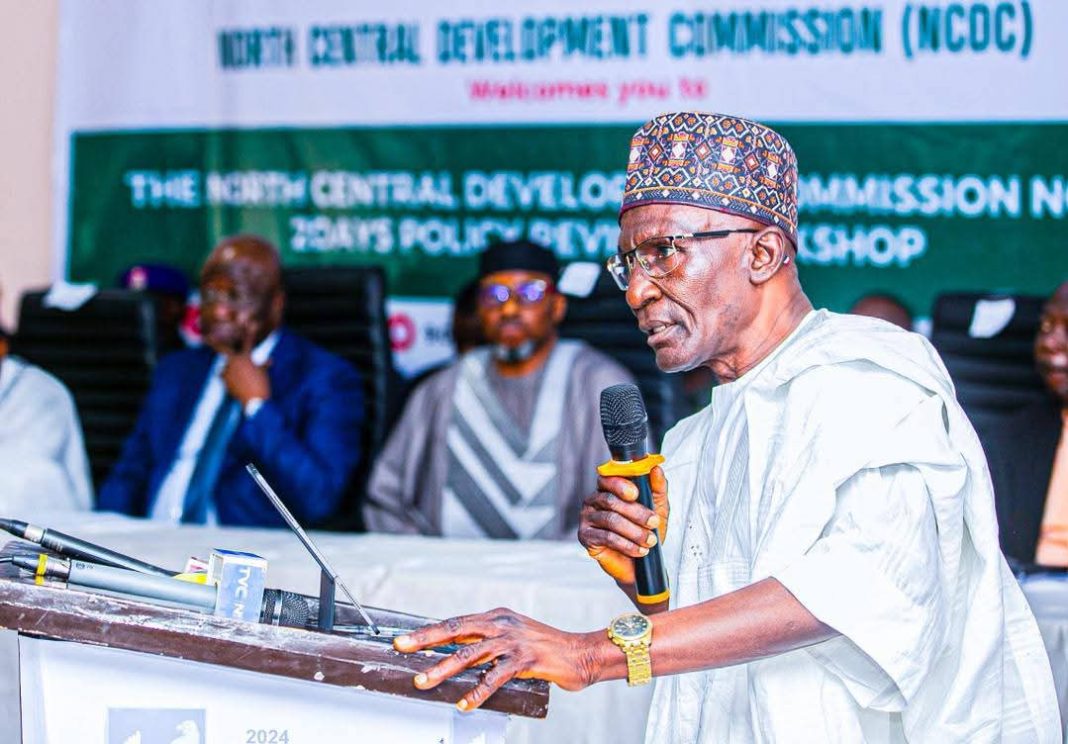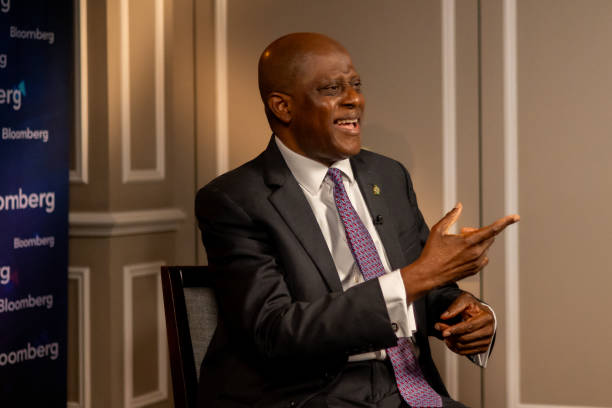By Isaac Kertyo, Makurdi
The Technical Adviser to the Benue State Governor on Media, Publicity, and Strategic Communication, Chief Solomon Iorpev, has debunked the Good Governance Rating Index (GGRI) report that ranked Benue among Nigeria’s worst-governed states, describing it as misleading and lacking context.
In a statement issued in Makurdi, Chief Iorpev said the GGRI assessment ignored the peculiar security and economic challenges facing Benue State, especially the frequent attacks on farmers by herdsmen, which have impacted governance and development.
“The GGRI report’s over-reliance on unofficial data and independent audits without contextual understanding undermines its credibility,” Iorpev stated. “We challenge GGRI to consider the socio-economic realities on ground rather than relying solely on metrics that fail to capture our progress.”
He maintained that despite insecurity and economic challenges, Governor Hyacinth Alia’s administration has made remarkable progress in key areas such as education, healthcare, infrastructure, agriculture, and youth empowerment.
According to him, the state government has:
– Established and upgraded healthcare facilities
– Recruited teachers and renovated schools
– Constructed and rehabilitated roads and bridges
– Expanded access to solar power and clean energy
– Revived moribund industries and promoted agricultural initiatives
Chief Iorpev further noted that security remains a federal responsibility, and that judging Benue’s governance by security indicators alone is “unfair and inaccurate.”
“All indices point to a huge improvement in the welfare and well-being of our citizens,” he emphasized. “The GGRI report misrepresents the facts. Governor Alia’s administration remains committed to transparency, accountability, and people-centered governance.”
He reaffirmed the government’s commitment to ensuring that Benue State becomes a model of good governance and development in Nigeria.





